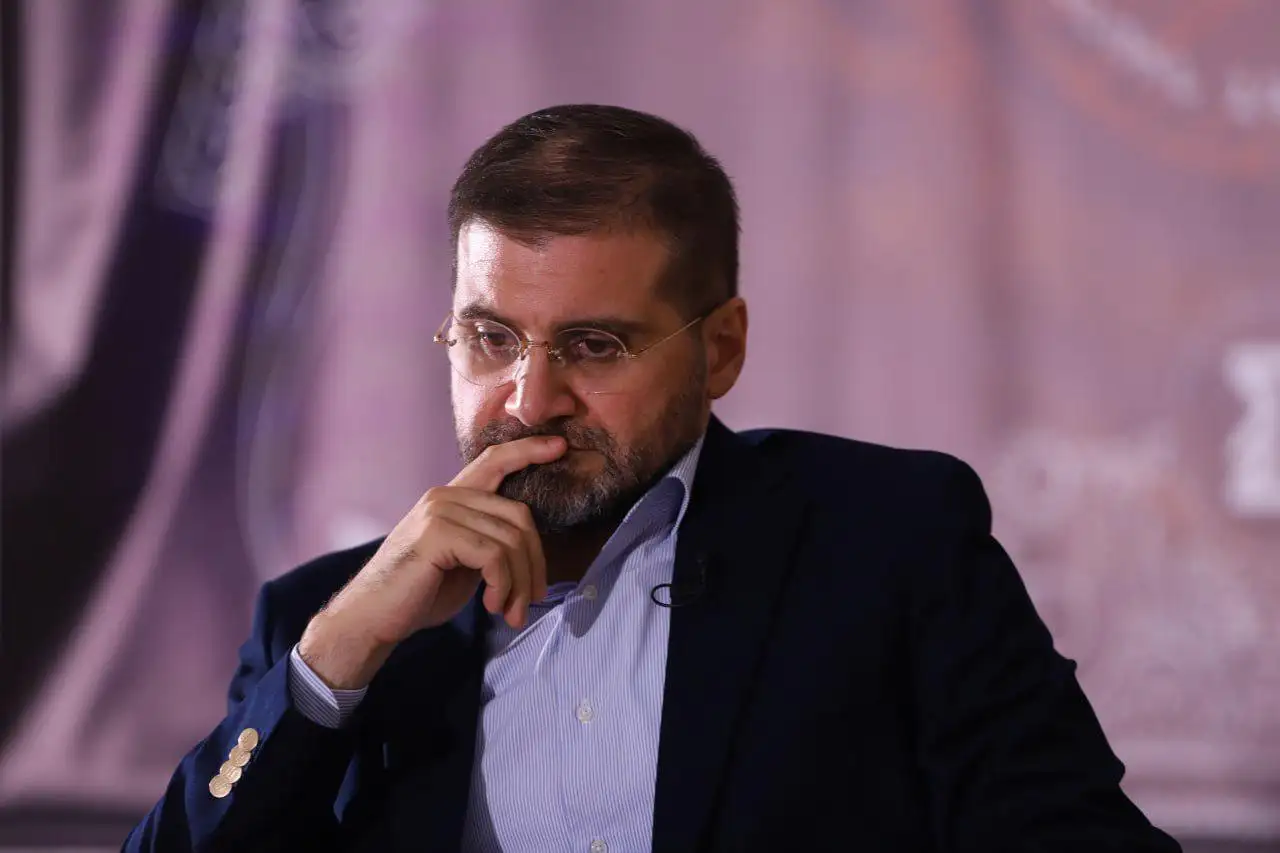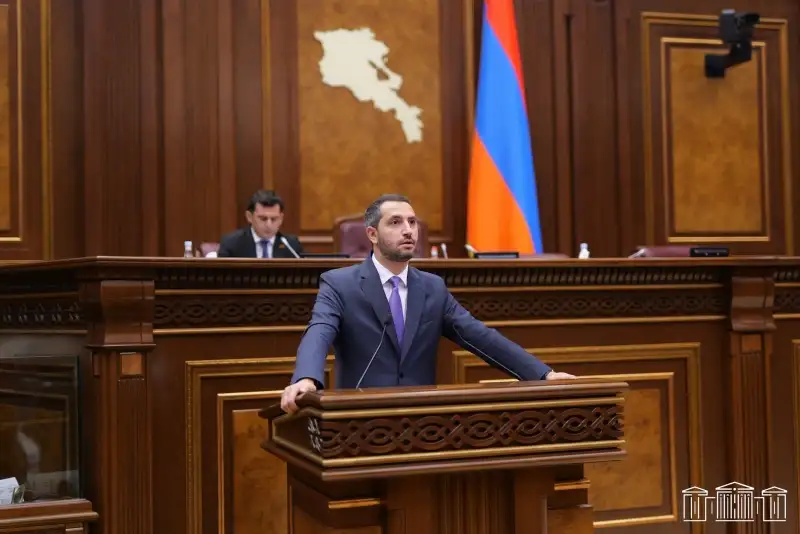The judgment of the European Court of Human Rights “Farmanyan and Others v. Armenia”, published on September 18, 2025, finally confirmed what the Armenian society had been saying for years: During the events of March 1, 2008, the state violated the right to life of its citizens and failed to fulfill its obligation to conduct an adequate investigation. Radar Armenia spoke to Arman Babajanyan, the chairman of the “For the Republic” party, on this topic.
- The European Court of Human Rights has finally established the state’s responsibility for the deaths of the victims of March 1. What does this judgment mean for Armenia?
- This judgment is a restoration of truth for Armenia. It establishes that the state not only violated the right to life of citizens, but also tried to hide that truth for years. This is not just a legal document; this is a political and moral verdict against the system that resorted to the murder of citizens to maintain power.
- To what extent does this verdict personally concern the former leaders of Armenia, Robert Kocharyan and Serzh Sargsyan?
- No matter how much they try to hide under the false guise of “the infallibility of the state machine,” the ECHR verdict unequivocally shows that political decisions conditioned the murders. Robert Kocharyan and Serzh Sargsyan were the bearers and orderers of those decisions. They are responsible for the overthrow of the constitutional order and the violent seizure of the state.
- The opposing side often claims that this is a page of the past; we must move forward. How do you respond to that perspective?
- The past cannot be closed when the blood of the victims is still unpunished, and the criminals continue to claim to rule the country. March 1 is not only the past, but also the vulnerable spot of the current statehood. If we do not ensure justice in this matter, the future will continue to be shot with bullets from the same past.
- Is it possible to politically prohibit their participation in the upcoming parliamentary elections? After all, they are also citizens and have rights.
- Of course, every citizen has rights. But the protection of democracy also requires restrictions for those who have proven to have violently overthrown the constitutional order. This is not revenge, but self-defense for the state and society. Those with a criminal past should not become the ones who decide the future.
- What impact can this verdict have on Armenia’s international reputation?
- The international community sees that the ECHR confirmed that Armenia violated the right to life. This obliges us to move in two directions: first, to pay compensation to the relatives of the victims, but more importantly, to cleanse our political field of dictatorial traditions. If we do not take these steps, we will lose the trust of Europe and the world. And if we ensure justice, Armenia will become a reliable democratic partner.
- And do you think our highly polarized society is ready to accept that truth today?
- The society has known that truth for a long time. The ECHR put a legal seal on it. The people are waiting for that truth to turn into justice, for the memory of the victims to be restored, and for those responsible for the criminal past to stop speculating on the political future of our country.
- And finally, what is the main appeal of you and your main political force after this ruling?
- My appeal is clear: Armenia must be cleansed of the dictatorial shadow. Kocharyan, Sargsyan, and their political legacy no longer have a place in our statehood. Democracy requires protection, and that protection begins with responsibility. We are obliged to ensure that the future of this country is no longer built on impunity and violence.


















